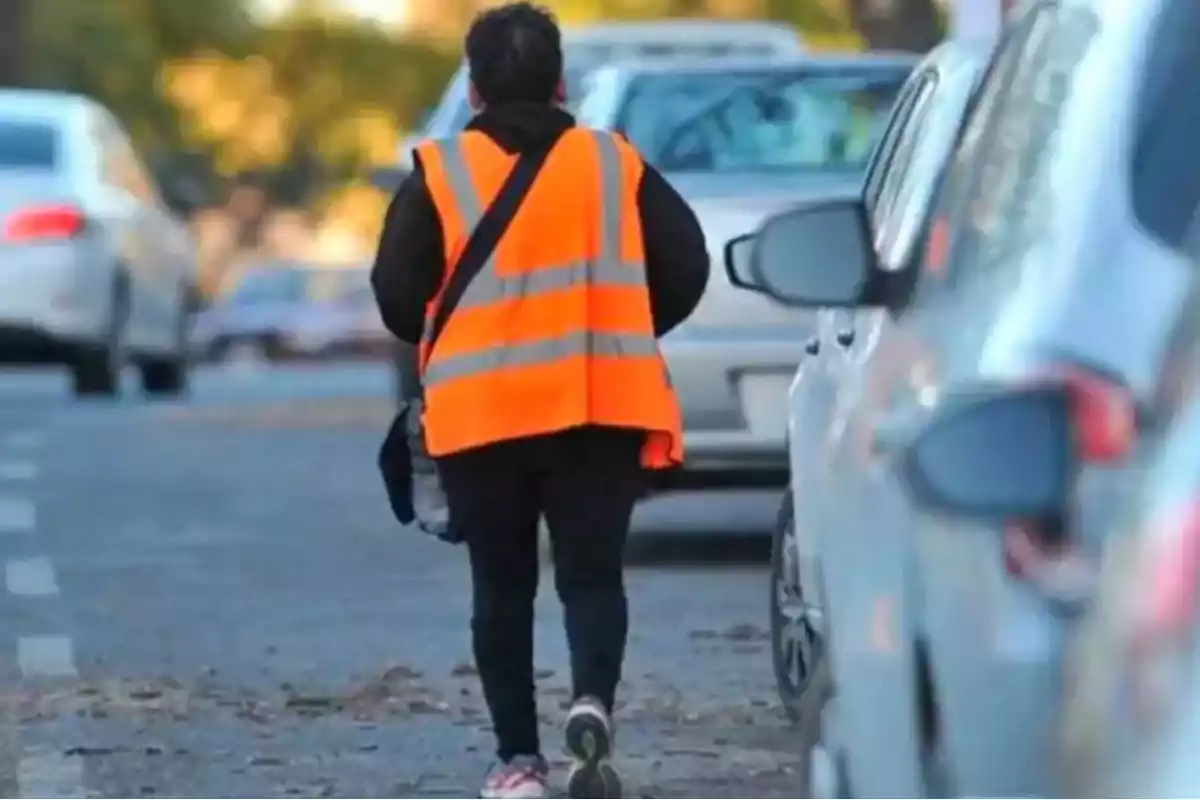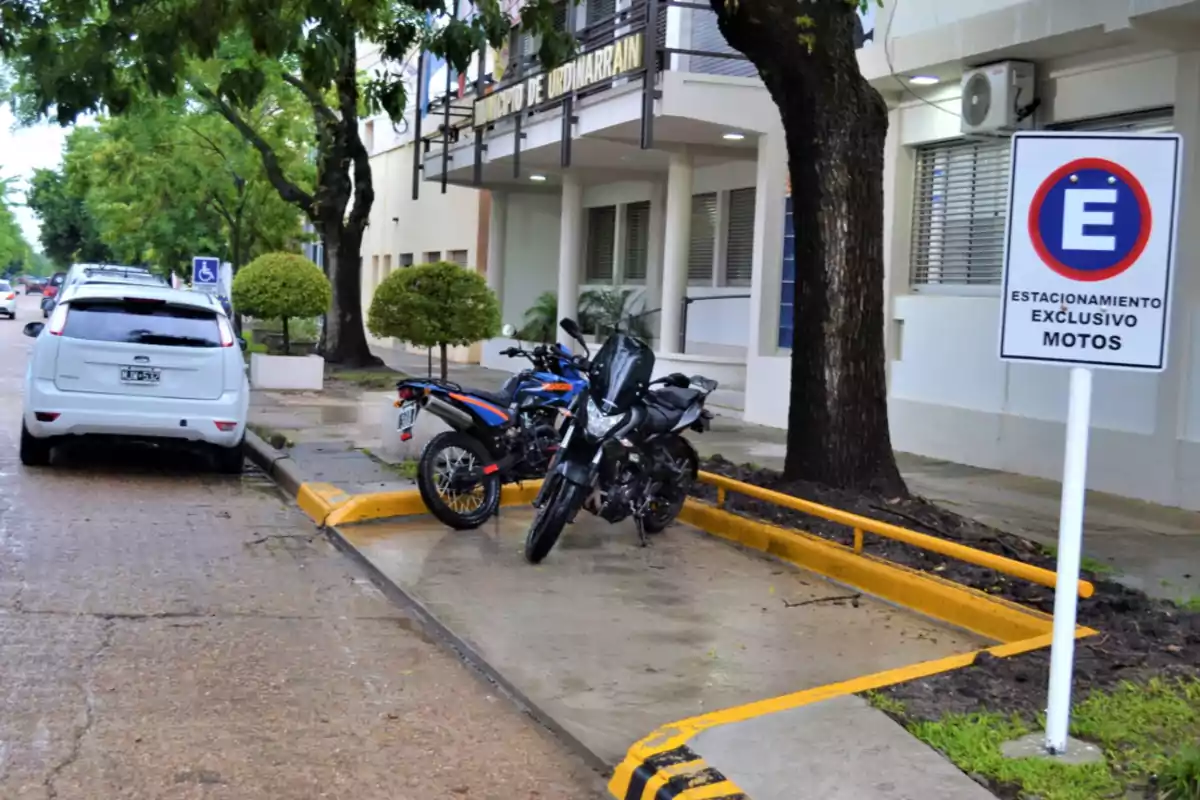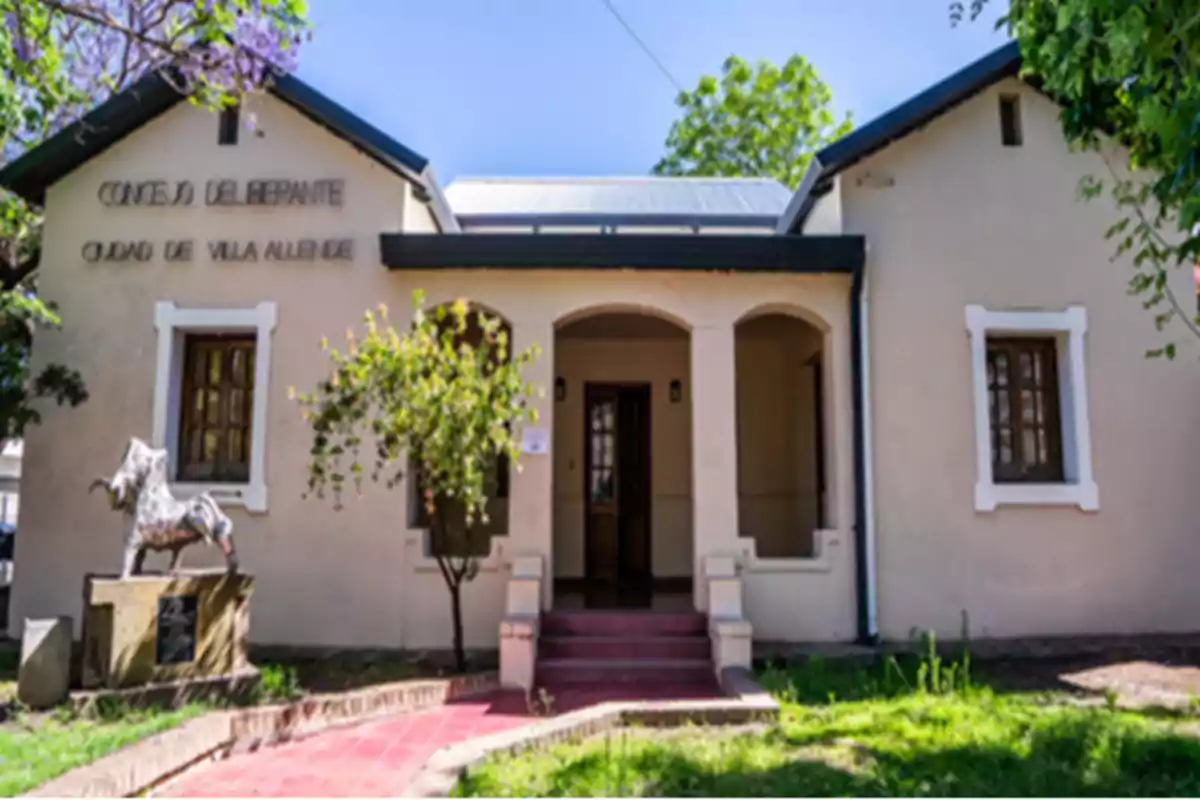
Villa Allende implements metered parking after eliminating illegal car guards
The official bidding process seeks digital control and order in traffic, rewarding revenue collection to the awarded company
Villa Allende has launched the bidding process for a metered parking system after banning the illegal activity of the "naranjitas". The measure aims to regulate public spaces and prevent criminals from extorting drivers in the heart of the urban center. The technological plan includes control, maintenance, and signage, leaving behind traditional machines and ticket dispensers of the past.
The contract is projected for up to nine years and anticipates million-dollar revenues that will be managed in part by the awarded company. The opening of bids is scheduled for September 4, according to Decree 151/25, and is part of an urban modernization program. The Municipality will retain overall supervision and will decide participation percentages, ensuring that funds are allocated to the city's organization.
The new system includes geolocation of spaces, infraction registration, and digital tools for inspectors and users, modernizing the parking experience. Rates will be segmented, with simple, progressive, nighttime, special event, and resident zone modalities. Currently, the central area has 1,900 operational parking spaces with a rate of 900 pesos (1.98 pounds) per hour, operating from 8 a.m. to 6 p.m.

Technological application and digital control
The application will allow drivers to pay, receive alerts before expiration, and check space availability, streamlining traffic flow without third-party intervention. For inspectors, there will be tools to record infractions with photos and geolocation, ensuring transparency and efficiency in controls. Additionally, discounts will be offered for early payment within the first 72 hours, encouraging voluntary payment regularization.
The contract includes signage for curbs, parking spaces, and signs, as well as maintenance and technical assistance for municipal staff. The company's management will be divided between a percentage of revenue and fixed amounts for works, paid in installments after the complete installation is finished. The modernization seeks to consolidate an efficient system that replaces informal and risky practices in public spaces.
The elimination of the "naranjitas" is one of the central points of the initiative, considering that their activity constituted an illegal and extortionate practice in downtown streets. Ordinance 27/25 explicitly prohibits the care, cleaning, or reservation of spaces without authorization, strengthening security and the free movement of residents. Councilwoman María Soledad Vázquez indicated that there will only be authorized exceptions, highlighting the need to stop criminal behavior.

Foundations and debates
The regulation seeks to organize public space, increase security, and respond to complaints about coercion by parking attendants. Opponents considered that the measure favors the entry of a private company, but affirmative council members argue that it guarantees transparency and legality.
The sanction was supported by the majority of the PRO bloc and Hacemos Unidos. In contrast, Elegí Villa Allende voted against it, questioning the sensitivity toward those who traditionally carried out this activity illegally.
The municipal decision clearly seeks to put an end to the informality and abuses that the "naranjitas" exercised daily, consolidating a framework of respect for the law in public spaces. The modernization of parking represents progress in urban infrastructure, road safety, and orderly revenue collection, preventing spaces where minor crimes were habitually committed. With this measure, Villa Allende joins other cities that prioritize legality and the protection of residents against illegal practices.
More posts: